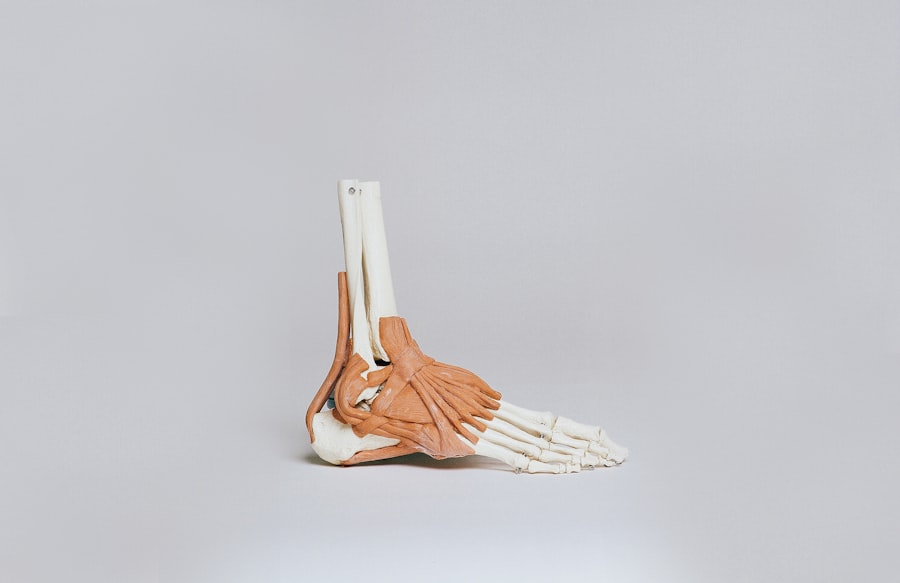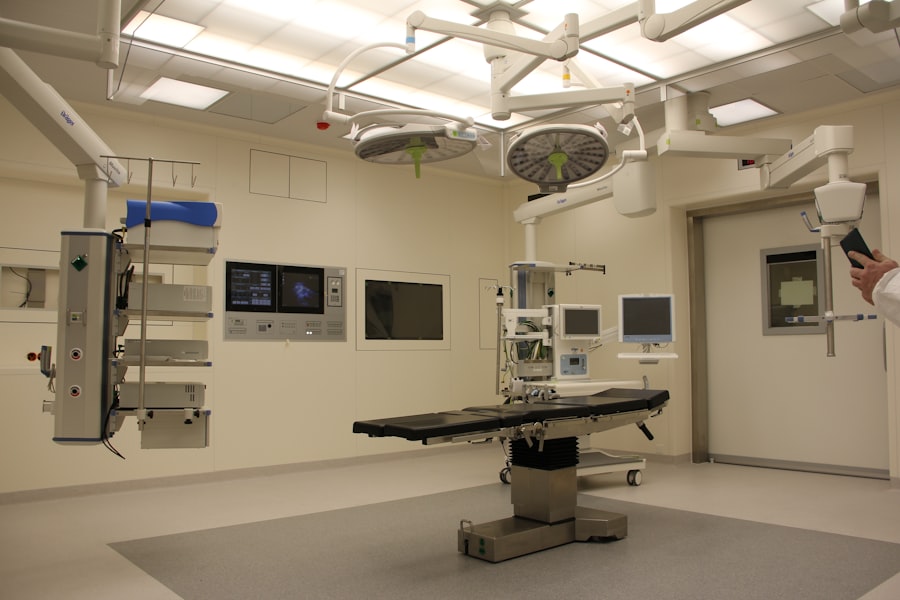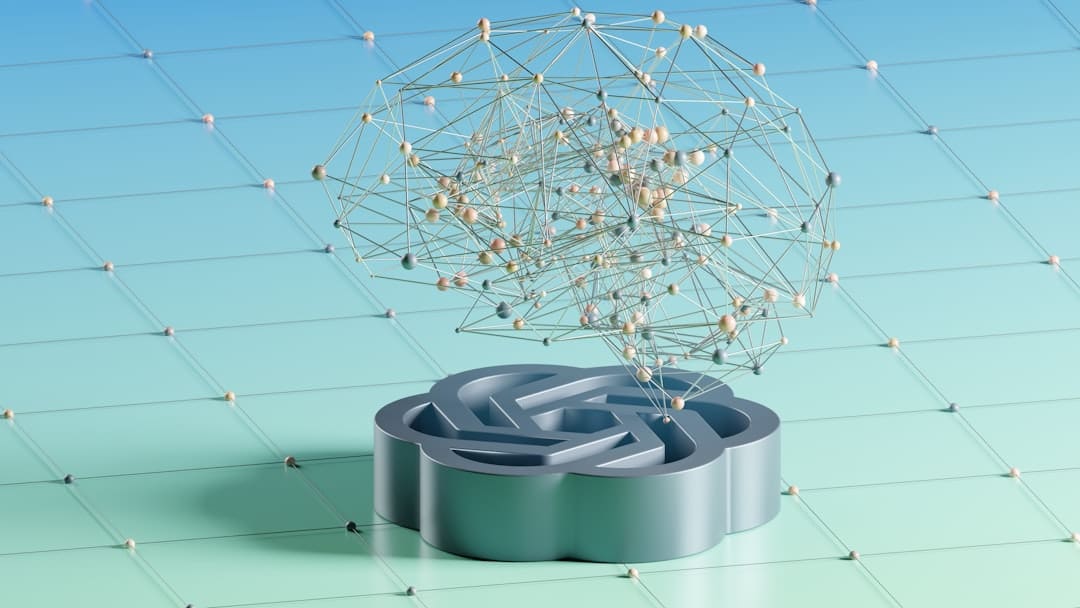In the rapidly evolving landscape of healthcare technology, Enlitic stands out as a pioneering force in the realm of AI-driven medical imaging. Founded in 2014, this innovative company has harnessed the power of artificial intelligence to enhance diagnostic accuracy and streamline clinical workflows. By leveraging deep learning algorithms, Enlitic AIms to transform the way medical professionals interpret imaging data, ultimately improving patient outcomes.
The integration of AI into medical imaging is not merely a trend; it represents a fundamental shift in how healthcare providers approach diagnostics and treatment planning. Enlitic’s mission is to empower radiologists and clinicians with advanced tools that can analyze vast amounts of imaging data with unprecedented speed and precision. As the volume of medical images continues to grow exponentially, the need for efficient and reliable analysis becomes increasingly critical.
Enlitic’s technology promises to alleviate some of the burdens faced by healthcare professionals, allowing them to focus on what truly matters: delivering high-quality patient care. This article delves into the role of AI in medical imaging, the workings of Enlitic’s technology, its applications in healthcare, and the broader implications for the future of medical diagnostics.
Key Takeaways
- Enlitic is a company that uses AI-driven technology to improve medical imaging and clinical decision support in healthcare.
- AI plays a crucial role in medical imaging by assisting in the analysis and interpretation of medical images, leading to more accurate diagnoses and treatment plans.
- Enlitic’s technology works by using deep learning algorithms to analyze medical images and provide insights to healthcare professionals.
- The applications of Enlitic’s AI in healthcare include improving radiology, pathology, and oncology practices, leading to better patient outcomes.
- Using Enlitic’s AI in medical imaging and clinical decision support can lead to benefits such as improved accuracy, efficiency, and patient care, but there are also challenges and limitations to consider.
The Role of AI in Medical Imaging and Clinical Decision Support
Artificial intelligence has emerged as a transformative force in medical imaging, offering solutions that enhance both diagnostic accuracy and efficiency. Traditional methods of image analysis often rely on human interpretation, which can be subject to variability and error.
By training algorithms on vast datasets of annotated images, AI systems can learn to identify patterns and anomalies that may be missed by the human eye. In addition to improving diagnostic capabilities, AI plays a crucial role in clinical decision support. By integrating AI-driven insights into electronic health records and imaging systems, healthcare providers can make more informed decisions regarding patient care.
For instance, AI can assist in prioritizing cases based on urgency or flagging potential issues for further review. This not only enhances the efficiency of clinical workflows but also ensures that patients receive timely interventions when needed. The synergy between AI and clinical decision support systems represents a significant advancement in the quest for precision medicine.
How Enlitic’s Technology Works

Enlitic’s technology is built upon sophisticated deep learning algorithms that analyze medical images with remarkable accuracy.
These networks are trained on extensive datasets comprising millions of annotated medical images, enabling them to learn intricate features associated with various conditions.
Once trained, Enlitic’s algorithms can process new images in real-time, providing radiologists with immediate feedback on potential abnormalities. The system not only identifies issues such as tumors or fractures but also quantifies their characteristics, offering valuable insights that aid in diagnosis and treatment planning. Furthermore, Enlitic’s technology is designed to integrate seamlessly with existing imaging systems, ensuring that healthcare providers can adopt these advanced tools without significant disruption to their workflows.
Applications of Enlitic’s AI in Healthcare
| Application | Metrics |
|---|---|
| Medical Imaging | Accuracy of diagnosis, reduction in interpretation time |
| Radiology | Improved detection of abnormalities, faster report generation |
| Oncology | Precision in tumor detection, personalized treatment plans |
| Pathology | Enhanced accuracy in tissue analysis, faster turnaround time |
The applications of Enlitic’s AI technology span a wide range of medical specialties, showcasing its versatility and potential impact on patient care. One of the most prominent areas is oncology, where early detection of tumors can significantly influence treatment outcomes. Enlitic’s algorithms have demonstrated proficiency in identifying malignant lesions in various imaging modalities, including X-rays, CT scans, and MRIs.
By providing radiologists with enhanced detection capabilities, Enlitic contributes to more accurate diagnoses and timely interventions. Beyond oncology, Enlitic’s technology is also making strides in musculoskeletal imaging, where it assists in identifying fractures and joint abnormalities. The ability to quickly and accurately assess these conditions is crucial for effective treatment planning and rehabilitation.
Additionally, Enlitic’s AI has applications in cardiology, where it aids in the analysis of cardiac imaging studies to detect conditions such as coronary artery disease. The breadth of applications underscores the transformative potential of Enlitic’s technology across diverse areas of healthcare.
Benefits of Using Enlitic’s AI in Medical Imaging and Clinical Decision Support
The integration of Enlitic’s AI technology into medical imaging offers numerous benefits that extend beyond mere efficiency gains. One of the most significant advantages is the enhancement of diagnostic accuracy. By reducing the likelihood of human error and providing objective assessments, Enlitic’s algorithms help ensure that patients receive accurate diagnoses and appropriate treatment plans.
This is particularly important in high-stakes situations where timely intervention can be life-saving. Moreover, Enlitic’s AI-driven solutions contribute to improved workflow efficiency within healthcare settings. Radiologists often face overwhelming workloads due to the increasing volume of imaging studies.
By automating certain aspects of image analysis, Enlitic allows radiologists to focus their expertise on complex cases that require human judgment. This not only alleviates burnout among healthcare professionals but also enhances overall productivity within radiology departments. Ultimately, the benefits of using Enlitic’s AI extend to both providers and patients, fostering a more effective healthcare ecosystem.
Challenges and Limitations of AI in Healthcare

Despite the promising advancements brought about by AI technologies like Enlitic’s, several challenges and limitations persist within the healthcare landscape. One significant concern is the issue of data quality and representativeness. For AI algorithms to perform optimally, they must be trained on diverse datasets that accurately reflect the patient population they will serve.
If training data is biased or lacks diversity, it can lead to disparities in diagnostic performance across different demographic groups. Additionally, there are concerns regarding the interpretability of AI-driven decisions. While algorithms may provide accurate predictions, understanding the rationale behind these predictions can be challenging for clinicians.
This lack of transparency can hinder trust in AI systems and complicate clinical decision-making processes. Furthermore, regulatory hurdles surrounding the approval and implementation of AI technologies in healthcare can slow down their adoption, limiting their potential impact on patient care.
Future Developments and Implications of Enlitic’s AI Technology
Looking ahead, the future developments of Enlitic’s AI technology hold great promise for further enhancing medical imaging and clinical decision support. As machine learning techniques continue to evolve, we can expect even greater accuracy and efficiency from AI algorithms. Future iterations may incorporate advanced techniques such as transfer learning or federated learning, allowing models to learn from decentralized data sources while preserving patient privacy.
Moreover, as healthcare systems increasingly embrace interoperability, Enlitic’s technology could play a pivotal role in creating integrated platforms that facilitate seamless data sharing among providers. This would enable more comprehensive patient assessments and foster collaborative care models that leverage the strengths of both human expertise and AI capabilities. The implications for improved patient outcomes are profound, as healthcare becomes more personalized and data-driven.
The Impact of Enlitic’s AI-Driven Medical Imaging and Clinical Decision Support
In conclusion, Enlitic represents a significant advancement in the integration of artificial intelligence into medical imaging and clinical decision support systems. By harnessing deep learning algorithms to analyze imaging data with remarkable accuracy, Enlitic empowers healthcare professionals to make more informed decisions while enhancing diagnostic capabilities across various specialties. The benefits of using Enlitic’s technology extend beyond efficiency gains; they encompass improved patient outcomes through accurate diagnoses and timely interventions.
However, as with any technological advancement, challenges remain that must be addressed to fully realize the potential of AI in healthcare. Issues related to data quality, interpretability, and regulatory compliance require ongoing attention from stakeholders across the industry. Nevertheless, the future looks bright for Enlitic and similar innovations as they continue to shape the landscape of medical diagnostics.
As we move forward into an era defined by data-driven decision-making, the impact of Enlitic’s AI-driven medical imaging will undoubtedly resonate throughout the healthcare ecosystem for years to come.
Für weitere Einblicke in die Rolle der Künstlichen Intelligenz in der medizinischen Bildanalyse, wie sie von Unternehmen wie Enlitic durchgeführt wird, empfehle ich Ihnen den Artikel auf Metaversum. Dieser Artikel behandelt die Herausforderungen und Chancen, die sich aus der Nutzung von KI in der Radiologie und bei der Krebsdiagnose ergeben, und wie diese Technologien die klinische Entscheidungsunterstützung und Genomik beeinflussen können. Lesen Sie mehr dazu unter diesem Link.
FAQs
What is Enlitic?
Enlitic is a healthcare technology company that specializes in using artificial intelligence (AI) to analyze medical images and provide support for radiology, cancer diagnosis, clinical decision-making, and genomics.
How does Enlitic use AI in medical image analysis?
Enlitic uses AI algorithms to analyze medical images such as X-rays, CT scans, and MRIs. The AI technology can identify patterns and anomalies in the images, helping radiologists and clinicians make more accurate diagnoses and treatment decisions.
What is radiology support in the context of Enlitic?
Enlitic provides radiologists with AI-powered tools to assist in interpreting medical images. This support can help radiologists detect abnormalities, prioritize urgent cases, and improve overall efficiency in the radiology workflow.
How does Enlitic support cancer diagnosis?
Enlitic’s AI technology can analyze medical images and identify potential signs of cancer, such as tumors or lesions. This can aid in early detection and accurate diagnosis of cancer, leading to better patient outcomes.
What is clinical decision support in the context of Enlitic?
Enlitic offers AI-driven clinical decision support tools that help healthcare providers make informed decisions about patient care. This can include predicting disease progression, recommending treatment options, and identifying potential complications.
How does Enlitic utilize genomics in healthcare?
Enlitic leverages AI to analyze genomic data and identify genetic markers associated with certain diseases or treatment responses. This can help personalize medical treatment and improve patient outcomes based on their genetic profile.











Leave a Reply